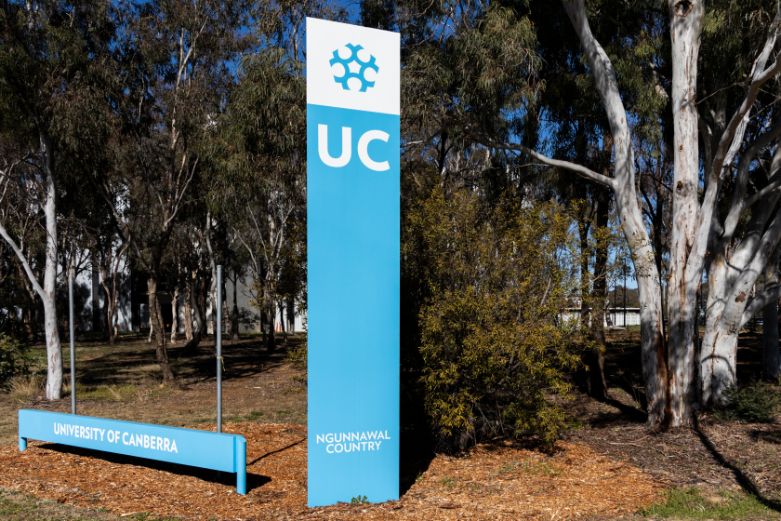The University of Canberra is confident it can continue to succeed within the Federal Government’s proposed Job-ready Graduates legislation, despite large parts of the Bill being criticised by the university sector.
Last-minute amendments have been made to the draft legislation this week, including the decision to spare social work and psychology degrees the significant fee rises first proposed.
University of Canberra Vice-Chancellor and President, Professor Paddy Nixon, said the complex Bill had many stakeholders and, therefore, a large public debate.
“While it makes sense that fees for social work and psychology are to be aligned with fees for other health courses, there is no ‘magic pudding’ in this and we simply point out that adjustments will flow to other course fees,” he said.
“We all seem to agree that it is a complex package and it is trying to do many things. The level of community and stakeholder debate is therefore not surprising – it is a big reform.
“Ultimately, UC can work within the framework of the package and continue to deliver great skills outcomes to our students and community.”
Federal Education Minister Dan Tehan announced the Job-ready Graduates Package on 19 June, which also aims to create 900 new commencing places nationally by 2024.
The original proposal saw undergraduate degrees in social work and psychology costing $14,500 per year, which was revised to $7,950 annually.
Universities Australia Chair, Professor Deborah Terry, welcomed amendments made to the draft legislation this week.
“We note adjustments in student fees in some psychology and social work courses. We look forward to further details on how this will be applied,” she said.
“Universities welcome the commitment to indexation of Government funding, which helps us keep pace with costs, and the focus on improving participation and attainment by Indigenous, regional and remote students.
“Redressing disadvantage is a core aim of all of our universities, and we support the new measures that assist in achieving that goal.”
The draft legislation also recommended students who fail 50% of their classes after taking a minimum of eight units would lose their entitlement to HECS-HELP loans.
Professor Nixon said this recommendation was unnecessary based on current protocols through Australian universities.
“I think it would be fair to say that all Australian universities have robust standards and policies in place to prevent students from repeatedly enrolling in units and failing them, so the proposed legislative method of losing HELP debts when a student is not performing is arguably an overreach,” he said.
“The late inclusions around unit failure may particularly impact the most disadvantaged students in the sector, including those from Aboriginal and Torres Strait Islander or low SES backgrounds.
“The University believes in furthering opportunities for our students and would not want to see increased disadvantage as a consequence of these reforms.”



